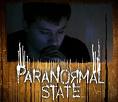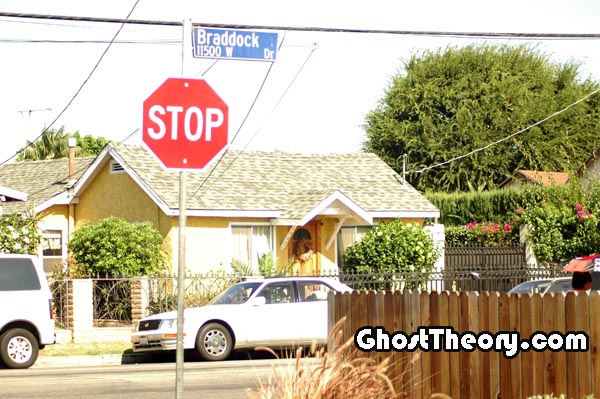
I caught a very interesting post over at MindHacks about the Australian Journal of Parapsychology and its article on PTSD in murdered people. In other words, ghosts.
Post-traumatic stress disorder in ghosts? Why not?
With a title like “Psychological phenomena in dead people: Post- traumatic stress disorder in murdered people and its consequences to public health” You can’t help but to think about this being a glorified Ghostbuster-type of research, but in actuality the research aims to gather and plot the psychological phenomena in ghosts. I’m interested in seeing how they plan on conducting this research and what we can learn on the psyche of those victims of a murder.
Can consciousness project outside of the human mind when we go through a traumatic experience like that of a murder? Could this lead us to explain cases of “evil” poltergeist phenomena?
Psychological phenomena in dead people: Post- traumatic stress disorder in murdered people and its consequences to public health
Australian Journal of Parapsychology, Volume 13 Issue 1 (Jun 2013)
Wasney de Almeida Ferreira
The aims of this paper are to narrate and analyze some psychological phenomena that I have perceived in dead people, including evidence of post-traumatic stress disorder (PTSD) in murdered people. The methodology adopted was “projection of consciousness” (i.e., a non-ordinary state of consciousness), which allowed me to observe, interact, and interview dead people directly as a social psychologist. This investigation was based on Cartesian skepticism, which allowed me a more critical analysis of my experiences during projection of consciousness.
There is strong evidence that a dead person: (i) continues living, thinking, behaving after death as if he/she still has his/her body because consciousness continues in an embodied state as ‘postmortem embodied experiences’; (ii) may not realize for a considerable time that he/she is already dead since consciousness continues to be embodied after death (i.e., ‘postmortem perturbation’ – the duration of this perturbation can vary from person to person, in principle according to the type of death, and the level of conformation), and (iii) does not like to talk, remember, and/or explain things related to his/her own death because there is evidence that many events related to death are repressed in his/her unconscious (‘postmortem cognitive repression’).
In addition, there is evidence that dying can be very traumatic to consciousness, especially to the murdered, and PTSD may even develop.
4 comments





